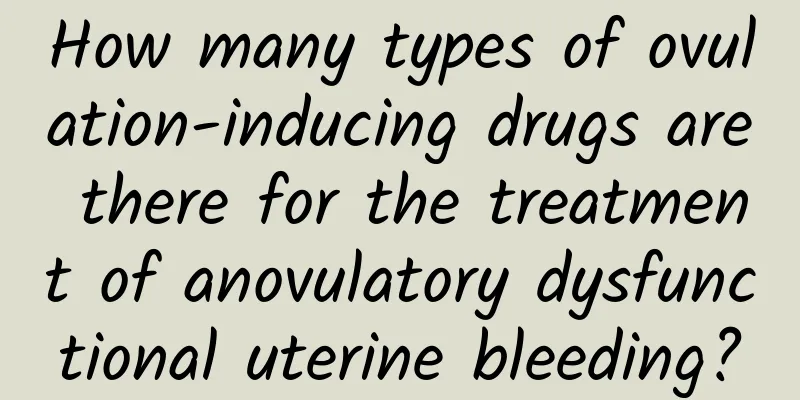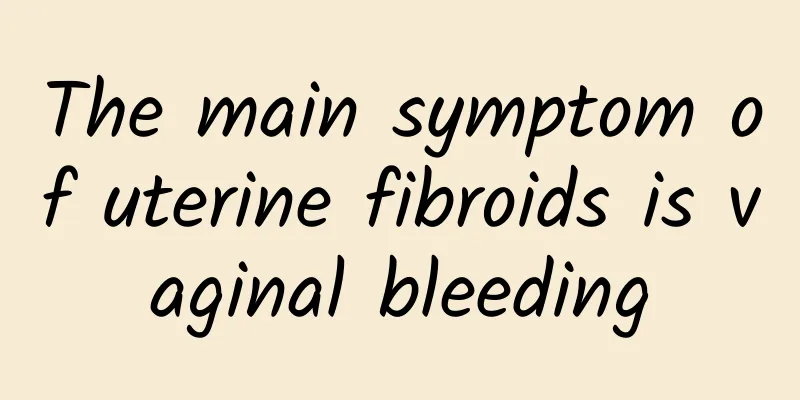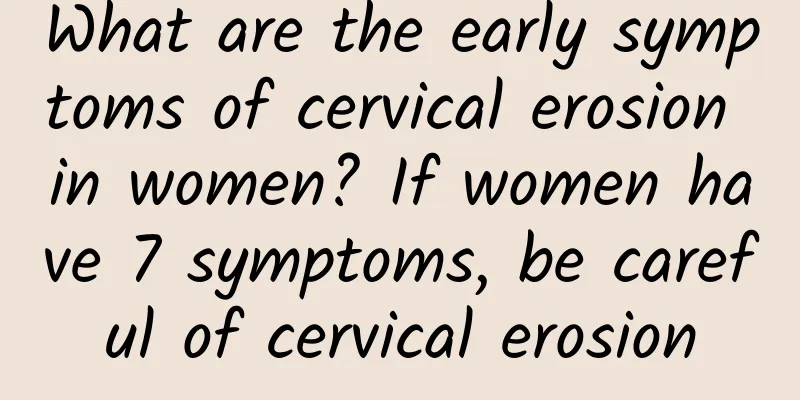How many types of ovulation-inducing drugs are there for the treatment of anovulatory dysfunctional uterine bleeding?

|
Ovulation-promoting drugs are suitable for patients with functional uterine bleeding during puberty and childbearing years, especially infertile patients. Generally, they include the following 4 types: (1) Clomiphene (CC) is a non-steroidal compound with weak estrogenic effects. It competitively binds to estrogen receptors in the hypothalamus to produce anti-estrogen effects, inhibiting the negative feedback of endogenous estrogen on the hypothalamus, inducing the release of gonadotropin-releasing hormone and inducing ovulation. It is suitable for patients with functional uterine bleeding who have a certain level of estrogen in their bodies. (2) Human chorionic gonadotropin (HCG) has a similar effect to LH and induces ovulation. It is suitable for people with a certain level of FSH and a moderate level of estrogen in their body. (3) Human gonadotropin (HMG) E5H stimulates the maturation of follicles. The estrogen produced induces ovulation through positive feedback, which causes the pituitary gland to secrete sufficient LH. ) After the bleeding stops, HMG 75-150U is injected intramuscularly every day until the follicles develop into heat. HMG is discontinued and HCG 5000-10000U is added by intramuscular injection to increase the ovulation rate. It should be noted that the use of HMG is prone to ovarian hyperstimulation syndrome, so it is only used for patients with functional uterine bleeding who are not well responsive to clomiphene and who want to have children. (4) Gonadotropin-releasing hormone agonist (GnRHa) In the past, GnRHa was used in small doses in pulse form to play an incremental regulatory role, promoting follicle development and inducing ovulation. Now, it is advocated to use GnRHa as pre-treatment first. The principle is that GnRH agonists have a regulatory effect on the pituitary gland, thereby reducing endogenous estrogen levels and achieving a hemostatic effect. GnRHa has a significant hemostatic effect on functional bleeding, but its high cost and osteoporosis caused by long-term use have prevented the drug from being widely used in clinical practice. |
<<: What are the effective measures to prevent dysmenorrhea?
>>: What are the better preventive measures for cervicitis?
Recommend
Interventional therapy: a new minimally invasive treatment for uterine fibroids
There are some advantages to interventional treat...
How to prevent dysmenorrhea when your period is coming?
How to prevent dysmenorrhea before menstruation? ...
Start with the cause of cervicitis to prevent cervicitis
Cervicitis is a common gynecological disease. It ...
Don't forget to lose weight with these 5 fruits that are high in fiber and low in sugar to help your metabolism
Fruit has always been a good friend of people who...
Eating more pears in autumn and winter is good for health preservation and Chinese medicine treatment
In traditional Chinese medicine, autumn is classi...
Eagle Hand Pose Gets Rid of Stiff Neck and Shoulders ~ Six Benefits of Restorative Yoga to Keep Away Obesity and Insomnia
Some people are prone to back pain, while others ...
Losing weight too early after childbirth can cause your milk to become less and thinner
After giving birth, many women are eager to chang...
Understand the symptoms of dysmenorrhea
Dysmenorrhea causes periodic abdominal pain, and ...
What causes recurring bacterial vaginosis?
What is the reason for repeated bacterial vaginit...
Key points for diagnosis of incomplete abortion
Incomplete abortion often occurs in late pregnanc...
Break through the weight loss plateau! Keep in mind the 6 principles to improve basal metabolism
Many people have had this experience when losing ...
What foods are good for pelvic inflammatory disease? Scientific diet conditioning
In addition to active treatment, those who unfort...
The difference between pelvic inflammatory disease and adnexitis
The difference between pelvic inflammatory diseas...
Never run a marathon on an empty stomach! It is best to eat this breakfast 2 hours before running
It is the season when a lot of road running event...
Experts describe the causes of ectopic pregnancy
Ectopic pregnancy is also known as ectopic pregna...









